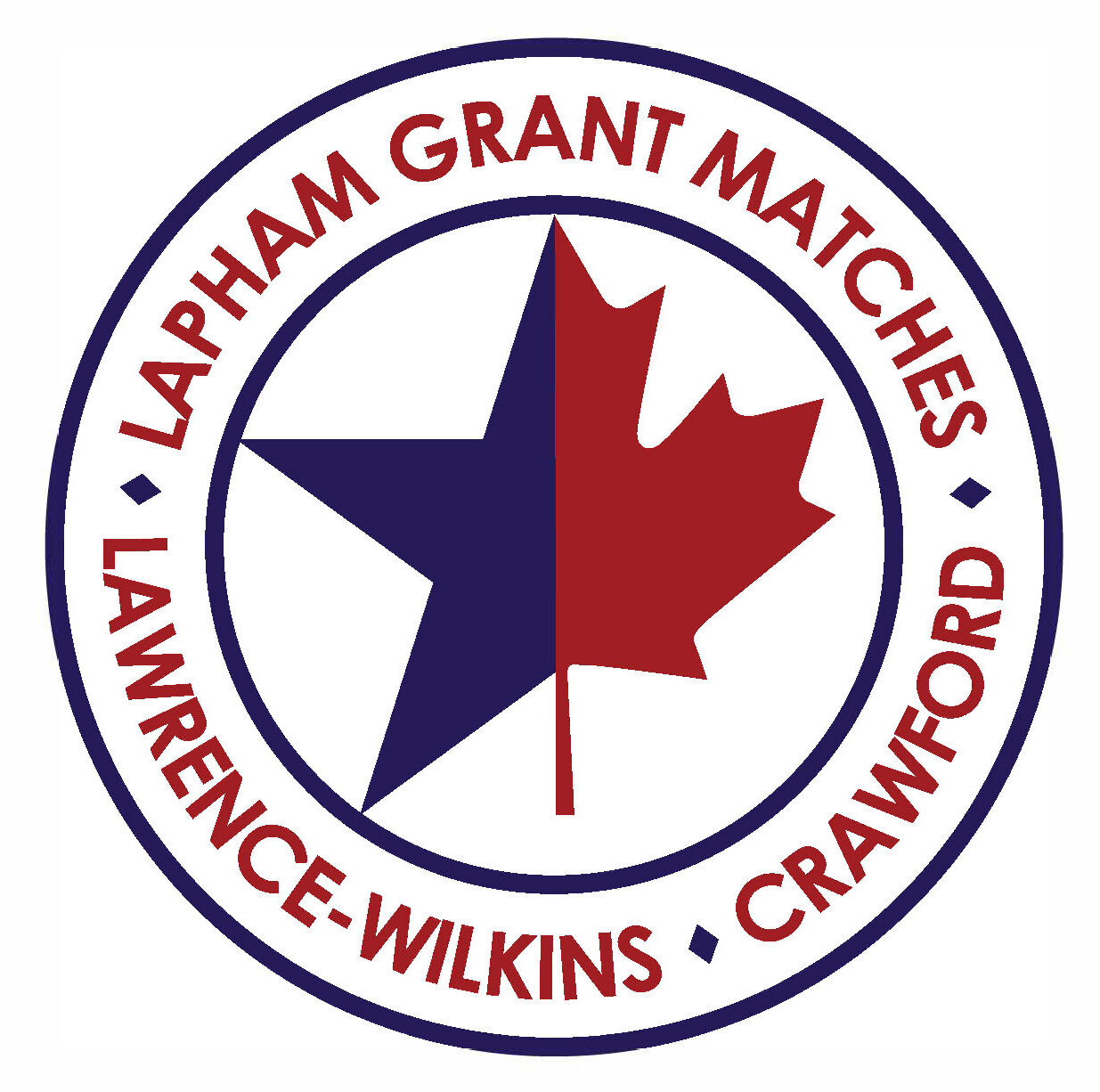The Lapham Cup matches between Canada and the U.S.A., dating back to 1922, are believed to be one of the oldest amateur sporting events between two countries, having been played for 90 consecutive years. The Grant Trophy matches were inaugurated in 1945, the Crawford Trophy matches in 1999, and the Lawrence-Wilkins Trophy matches in 2001. These four events, held at the same time and venue, are hosted in alternate years by Canada and the United States. Starting in 2000, all singles matches have been played with the international ball.
It is a tradition that the captains cooperate to make sure that their teams are balanced, and that matches are played in an atmosphere of camaraderie, goodwill, and sportsmanship. Matches are not refereed, therefore the highest standards of fair play are essential among participants. The matches also provide an opportunity for representatives from both sides of the border to discuss squash development initiatives. This grand social event has many unique traditions, including the Friday evening Captains’ reception, roses for every lady attending the Saturday night banquet, a LG tie (or scarf) for every player participating in the event for the first time, and the Eric R. Finkelman Award for “questionable behaviour”.
The coveted Lapham Cup is valued at over $50,000 and is similar in size to hockey’s Stanley Cup. It was donated in 1922 by Henry B. Lapham of Brookline, Massachusetts, for an international Men’s singles team competition between the U.S.A. and Canada. The Grant Trophy was donated in late 1944 by Alastair Grant of Montreal for a similar Men’s doubles competition. The Crawford Trophy was donated in 1999 by William Crawford of Vancouver in honour of his wife Richenda, for Ladies singles and doubles team competition. In 2001, Edgar A. Bracht of Toronto presented the Lawrence-Wilkins Trophy for the Men’s “Legends” (over age 65) doubles team competition. It is named in honour of the truly legendary figures of Barney Lawrence of Kitchener-Waterloo, Ontario and C. Howard Wilkins Sr of Wichita, Kansas, both of whom did so much for the game, as players and builders.
